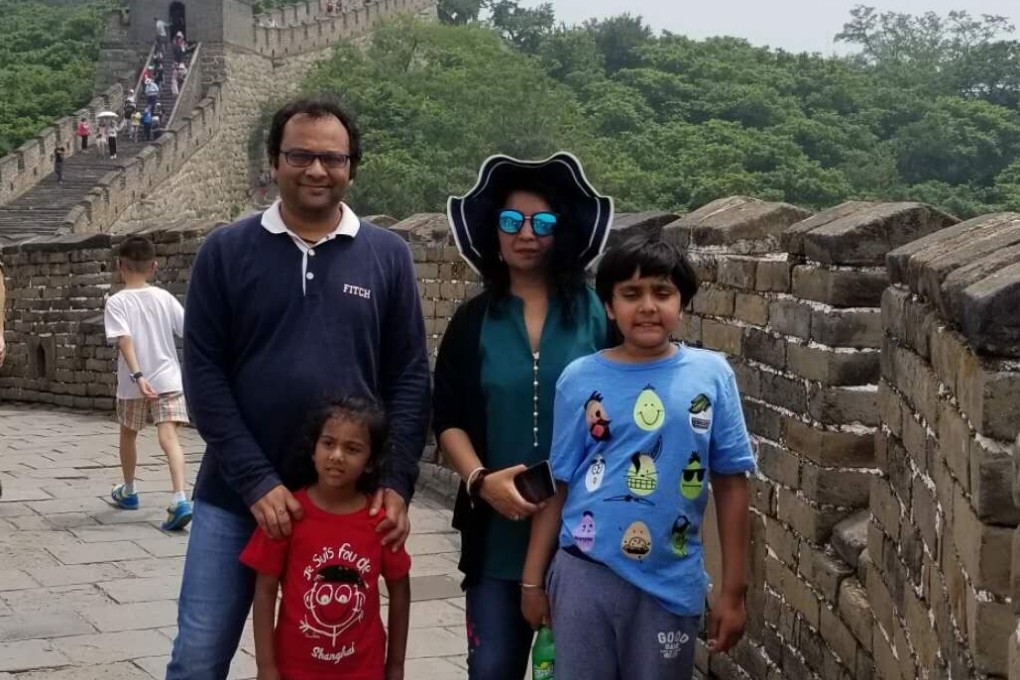Advertisement
Missing China: Indian expatriates stranded by coronavirus long to return
- White-collar Indian workers, some with decades of experience in China, have become trapped in India by pandemic travel restrictions
- Uncertainty over when they can return have many worried – especially at a time of heightened tensions and when Beijing is battling a fresh outbreak
Reading Time:4 minutes
Why you can trust SCMP

Indian national Ramashis Das has called Beijing home since 2013. The 36-year-old Microsoft employee works at the US tech giant’s offices in the Chinese capital with his wife Trinisha Basak, 31.
But after the birth of their son Zian in September, the couple decided to return to India for a while – Basak leaving first, followed by Das in January.
They had not intended to be away from Beijing for very long, but have since become trapped in Hyderabad as Covid-19 swept the globe – sending India, and many other countries, into lockdown and causing international borders to slam shut.
Advertisement
Zian, who is going to be nine months old soon, will have spent “close to half of his lifetime stuck in this Airbnb”, said Das, who longs to return to his adopted home. He is one of an untold number of Indian expatriates who live and work in China but who are stuck in India amid the coronavirus pandemic.

Advertisement
More than 56,000 Indian nationals are based in China, according to India’s Ministry of External Affairs. Although it is unclear exactly how many have returned to India - earlier or on repatriation flights - or how many have remained in China since the pandemic, roughly 1,500 white-collar Indian expatriates are known to have joined region-specific groups on Chinese messaging app WeChat. Here, stranded IT professionals, traders, teachers and others share their experiences in a suspended alternate world.
Advertisement
Select Voice
Select Speed
1.00x